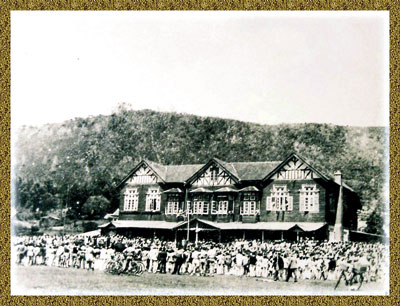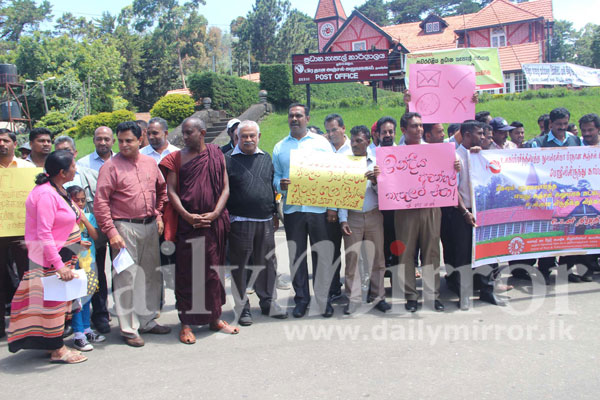The Influence of Political Leaders on Administrative Service Officers in Sri Lanka

A pervasive issue in Sri Lanka is the attitude of many government leaders who believe that oral orders should supersede existing written laws and circulars. This phenomenon has prompted me to write an academic article on this subject. A prevailing political opinion in Sri Lanka suggests that government officials should unquestionably accept and implement oral orders from leaders, disregarding the established legal framework and official circulars.
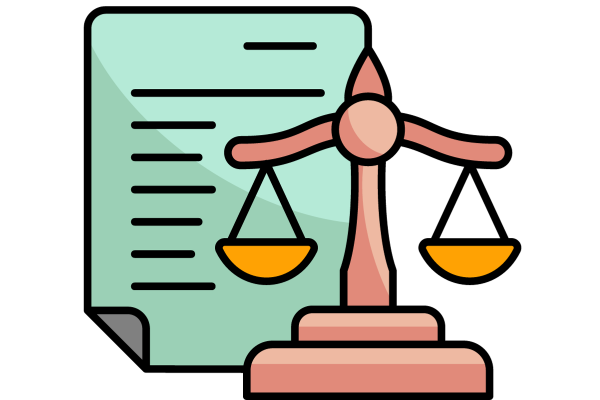
Recall the “Village Reconciliation” ( “ගම සමග පිළිසඳරක්” ) program initiated after Mr. Gotabaya Rajapaksa became President. During its first progress review on April 26, 2021, a villager lodged a complaint with the President. “Sir, despite your prior directive, the Haldummulla Divisional Secretary has not issued us a land license. When we attempt to clear the area, we encounter forest officers and face legal consequences.” The villager filed a complaint against the Divisional Secretary.
President Gotabaya inquired of the Divisional Secretary, “Why haven’t these people received their land licenses?”
“Sir, if a policy decision is conveyed through an official circular, I can promptly implement it,” the Divisional Secretary explained, emphasizing the proper procedure.
In response, President Gotabaya expressed frustration, stating, “I am the President of this country. What need is there for a circular? My directive is the country’s law.”
Subsequently, the Haldummulla Divisional Secretary was transferred from his position. Since then, “Sir Kivu Lo”- සර් කිව් ලෝ (Circular) has become colloquially known as “Circular.”
In addition to various subjects, including land laws, administrative laws,Financial Regulations, and criminal and civil laws, it is imperative to address the undue influence wielded by temporary politicians over field-trained administrative and parallel service officers emerging from the Sri Lanka Development Administration Institute (SLIDA). These officers should recognize their authority to reject illegal directives from politicians.
In early November 2023 , reports emerged of the current Prime Minister of Sri Lanka, Mr. Ranil Wickramasinghe, exerting pressure on a department head in Nuwara Eliya, similar to Mr. Gotabaya Rajapakse’s approach. Mr. Wickramasinghe had previously ordered the Postmaster General to hand over the post office building in Nuwara Eliya to another department for conversion into a tourist hotel. However, the implementation was found lacking in a meeting.
“If you can’t comply with the President’s orders, you’ll need to find employment elsewhere,” Ranil Wickremesinghe warned the Postmaster General Mr. Sarath Kumara.

S.R.W.M.R.P. Sathkumara Postmaster General( email:pmg@slpost.lk)
“I am the President; this is a presidential order. Hand it over before you leave,” the President commanded.
The media garnered substantial attention, ensuring the President’s wish would be fulfilled.
Many colonial-era properties, including the Nuwara Eliya postal building, fall under the purview of archaeological preservation laws. These laws dictate that such properties cannot be repurposed without due legal amendments and empowerment of government officials. Pursuing popularity by pressuring officials in front of the public and media only diminishes the standing of the rulers in the eyes of informed citizens.
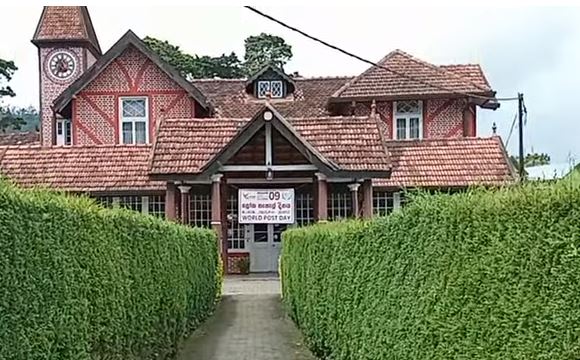
Foreigners express great interest in the Nuwara Eliya Post Office, an archaeological treasure received from British. Built in 1894, this red-brick building, designed in the Tudor
style with a clock tower, holds significant historical value
The Postal Trade Union Federation staged a protest against the proposed sale of the 123-year-old Nuwara Eliya post office building to an Indian businessman to run a restaurant.
Cabinet Spokesman Minister Bandula Gunawardena announced that the Government has decided to hand over the Nuwara Eliya Post Office to the Taj Samudra Hotel as a hotel project.
It is a critical juncture for Sri Lanka to reevaluate the practice of issuing arbitrary orders by its state leaders. As the country approaches a general election, there is a pressing need to instill a culture of adhering to existing laws and regulations. The officials of all public services, led by the Sri Lanka Administrative Service, should unite in their efforts to educate state and party leaders on the importance of abiding by legal regulations and circulars.
This article emphasizes the practical significance of adhering to state legal regulations and circulars while shedding light on the challenges posed by undue political influence on administrative officers. It underscores the importance of upholding the rule of law in Sri Lanka’s governance.
The Role of Government Circulars and the Responsibility of Officials in Adhering to Them
Government circulars play a crucial role in the functioning of any democratic society. They serve as official documents that convey important information, instructions, policies, and guidelines to government officials, employees, and relevant stakeholders. These circulars are essential for maintaining uniformity, consistency, and effective governance. In this paper, I will explore the reasons behind the issuance of government circulars and discuss the ethical and legal obligations of officials, especially politicians, in abiding by them.
The Purpose of Government Circulars
Communication: Government circulars are a means of communication between different levels and branches of government. They are used to convey important information, such as new laws, regulations, policies, and procedural changes, to ensure that all government bodies are aware of the latest developments.
Policy Implementation: Circulars provide detailed guidelines on how to implement government policies effectively. They help translate overarching policies into concrete actions and procedures that can be followed by relevant government officials.
Standardization: Circulars play a crucial role in standardizing procedures and practices across various government departments. This ensures that government agencies operate consistently and uniformly, reducing the risk of inconsistency and errors.
Accountability: Circulars also help establish accountability. By documenting official instructions and guidelines, they create a clear record of expectations and responsibilities for government officials, making it easier to assess their performance and adherence to established rules.
The Obligation of Officials, Especially Politicians
Government officials, including politicians, have a moral and legal obligation to abide by government circulars for several reasons:
Rule of Law: In a democratic society, the rule of law is a fundamental principle. Government circulars often reflect laws, regulations, and policies established through democratic processes. Politicians, as elected representatives, have a special responsibility to uphold these laws and policies.
Public Trust: Adherence to government circulars is essential for maintaining public trust. Politicians are public servants and should lead by example. Failing to follow official guidelines can erode the public’s confidence in their leadership.
Efficient Governance: Following government circulars ensures efficient governance. When officials, including politicians, do not comply with established procedures and policies, it can lead to confusion, inefficiency, and mismanagement of public resources.
Accountability: Government circulars often outline the responsibilities of officials. Adhering to these circulars helps ensure accountability, as non-compliance can result in legal consequences or disciplinary action.
Equality and Fairness: Government circulars promote equality and fairness in the treatment of citizens. By following these guidelines, officials, especially politicians, help ensure that all individuals are treated equally under the law.
Government circulars are essential tools in the functioning of a democratic government. They facilitate communication, standardization, policy implementation, and accountability. All government officials, including politicians, have a moral and legal obligation to adhere to these circulars. Doing so upholds the rule of law, maintains public trust, ensures efficient governance, and promotes equality and fairness. It is imperative that officials recognize their responsibility to comply with government circulars to fulfill their duties to the public and maintain the integrity of democratic institutions.
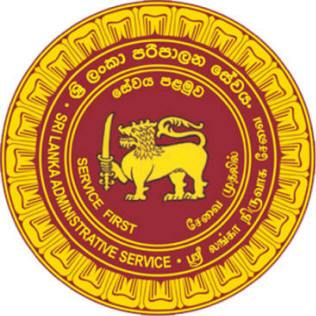
We eagerly anticipate the executive committee of the Sri Lanka Administrative Service Association to take necessary steps in order to prevent state leaders from exceeding the current rules and regulations and imposing their own ideas.
Dr.Gamini Kariyawasam.- ( Rtd.SLAS Officer )




